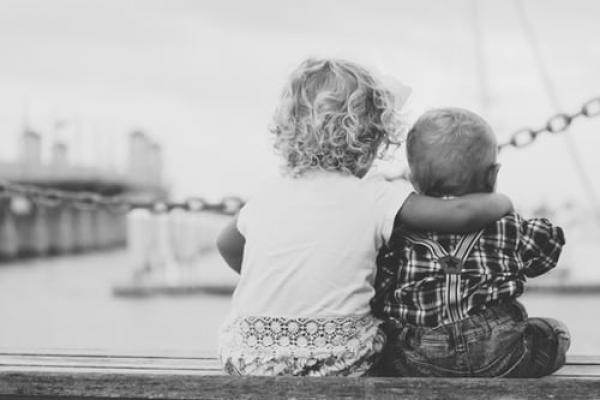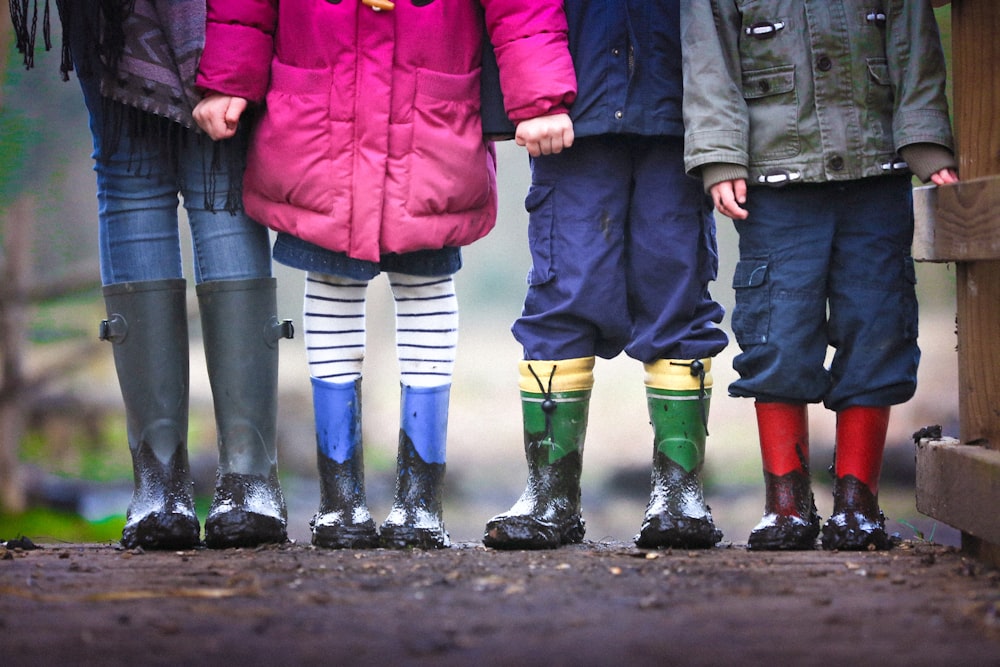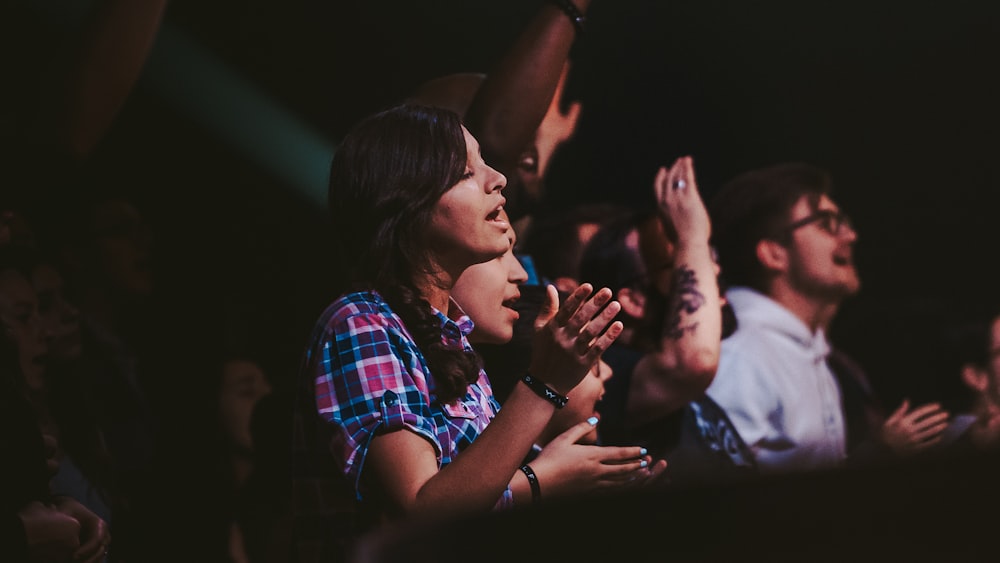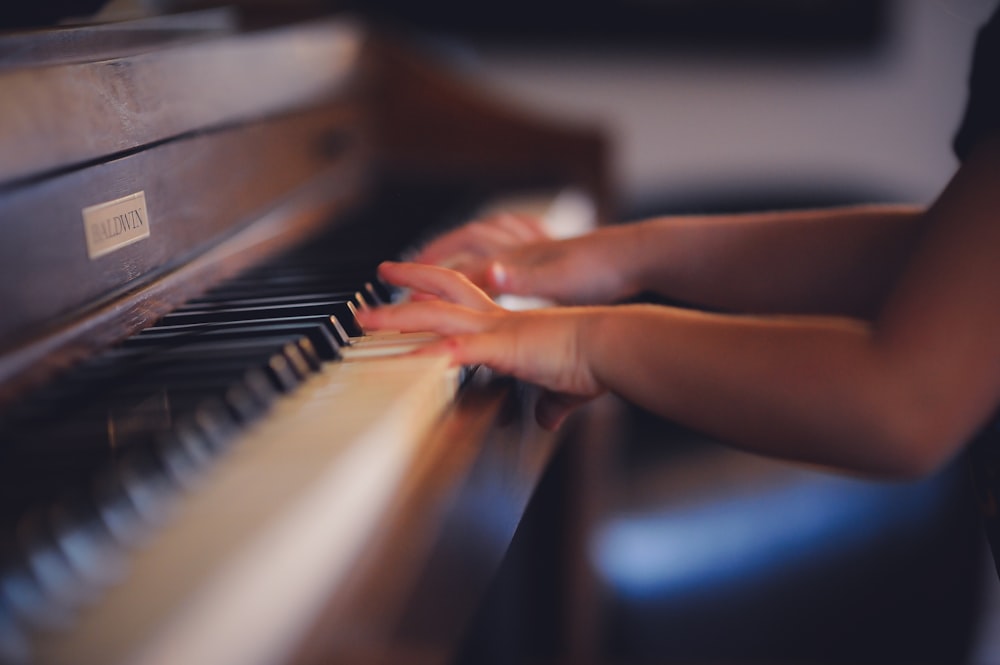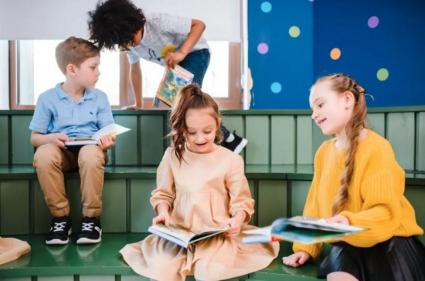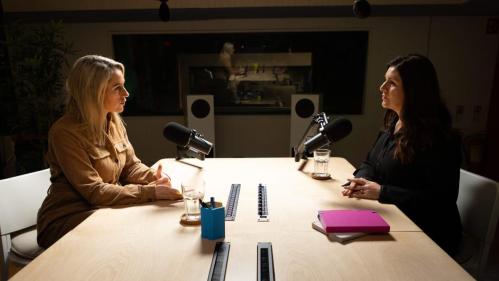Music has always been known for its capacity to increase confidence, creativity and even teamwork skills. But what you may not realise is that a lot of that connects back to the fact that music teamwork or group work inherently cultivates empathy.
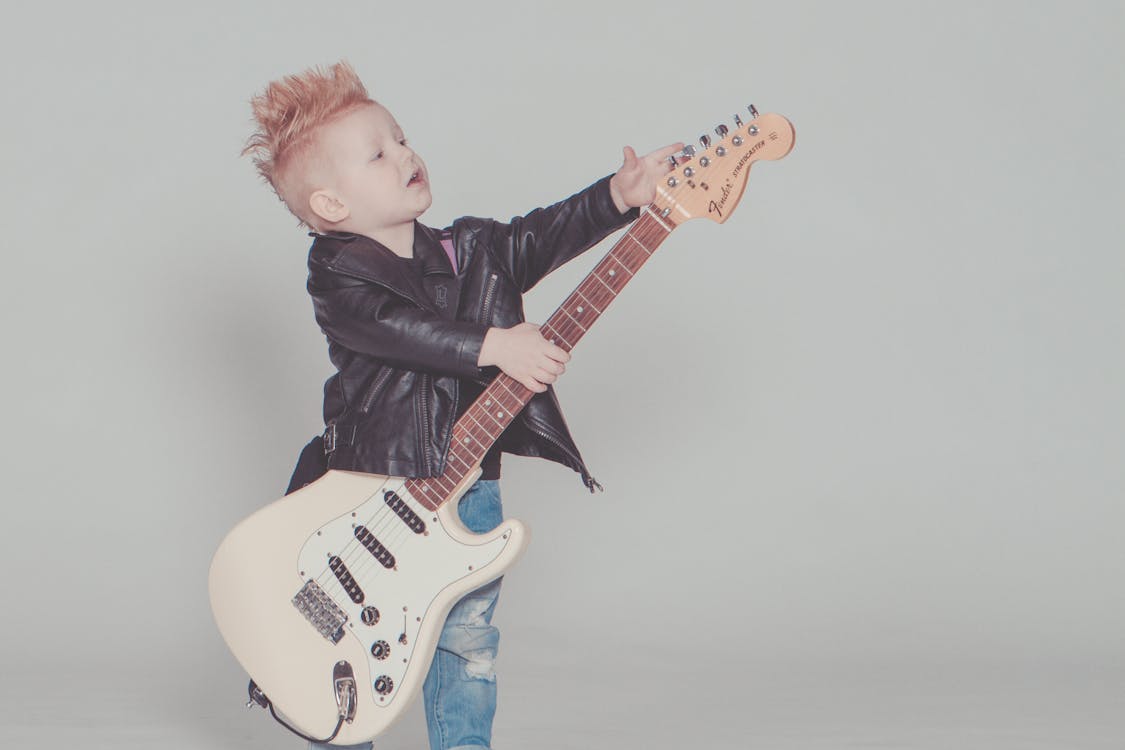
In a study conducted in Music Educators Journal, social psychologist, Daniel Batson is cited as saying that empathy is ‘imagining how one would think and feel in the other's place and feeling distress at witnessing another person's suffering’. He claims that there are three types of empathy: cognitive, emotional, and compassionate. Cognitive empathy means knowing how other people feel and what they might be thinking – seeing things form another’s perspective. Emotional empathy is feeling another’s emotion, as if the feeling is contagious, also known as mirroring. And compassionate empathy is understanding other people’s perspective, feeling the emotion with them, and then feeling you are subsequently moved to help if needed.
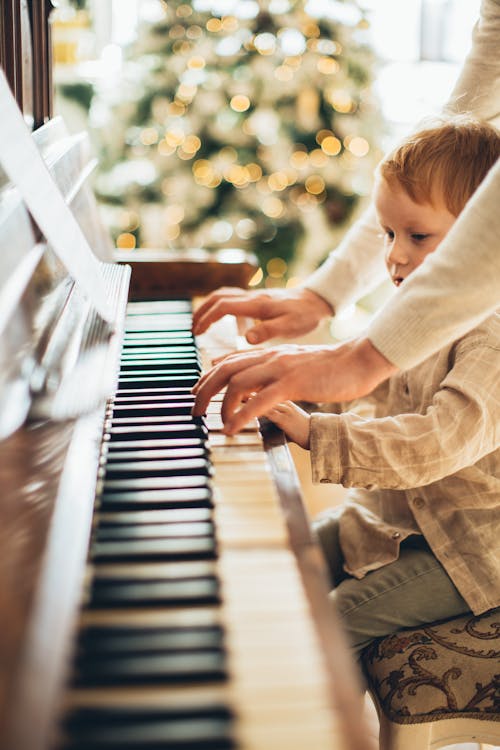
Several studies cited in the article claim that when students make music together, a sense of camaraderie and community often develop. But it is in group settings, specifically, that this seems to be the effect. Bands, choirs, orchestras; by mirroring each other and working towards a shared goal, we can understand the actions and intentions of other people around us.
Lynda Laird, the article’s author, suggests that ‘music, like language, involves a connection between the perception and production of organised sound; —the structure of which has the ability to communicate meaning and emotion’. In trying to collectively communicate the sound’s perception by working together in its production, the choir or orchestra or band have a shared intention, a common goal and understanding of how the others around them must be feeling. Therefore, all three modes of empathy are engaged; cognitive, emotional and compassionate – seeing another’s perspective, feeling their feelings and working together to produce a result.
The article stresses that it is musical interaction that can influence empathy; ‘Musicians themselves describe situations that lead to group unity and interpersonal harmony. For instance, when members of a rock band work together—making choices about melody, chord structure, instrumental parts, and compositional elements—the individuals may grow musically and emphatically together. Similarly, when members of a chamber ensemble rehearse and per form together—making joint decisions on tempo, cues, and balance—they grow musically and emphatically together.’
The four recent research studies cited expand on this, offering insight into why active music-making and interaction side-by-side creates the unexpected by product of empathy. There are specific actions required like ‘musical games, singing, and group composition and improvisation’. These kinds of activities trigger than empathy development because their common processes involve empathetic acts like ‘mirroring, imitation, being synchronous, solving musical problems, collaborating, and having a number of shared affective experiences.’
Laird suggests that similar effects may occur in other musical-based group activities, pending investigation; ‘singing, playing instruments, chanting, dancing, or marching. In a 2012 study, investigators Tal Chen Rabinowitch, Ian Cross, and Pamela Burnard found that young children who engaged in long-term musical group interaction scored higher in measures of emotional empathy than those who were engaged in similar games using storytelling or drama instead of music. The music program consisted of group music activities common in general music classrooms, including musical games with imitation, improvisation, composition, and rhythmic synchronization. These are activities theorized to be especial useful for empathy development. A sense of shared intentionality developed during these sessions where the students adopted a common goal with one another that helped them feel positively towards one another.’
Now might be the time to research a few local music groups!
Source (Laird, Lynda. “Empathy in the Classroom: Can Music Bring Us More in Tune with One Another?” Music Educators Journal, vol. 101, no. 4, 2015, pp. 56–61., www.jstor.org/stable/24755601.)

